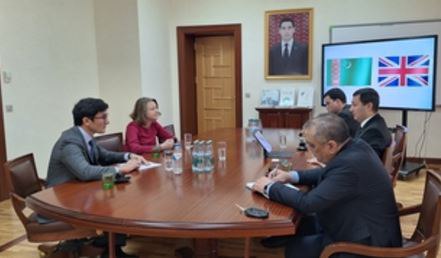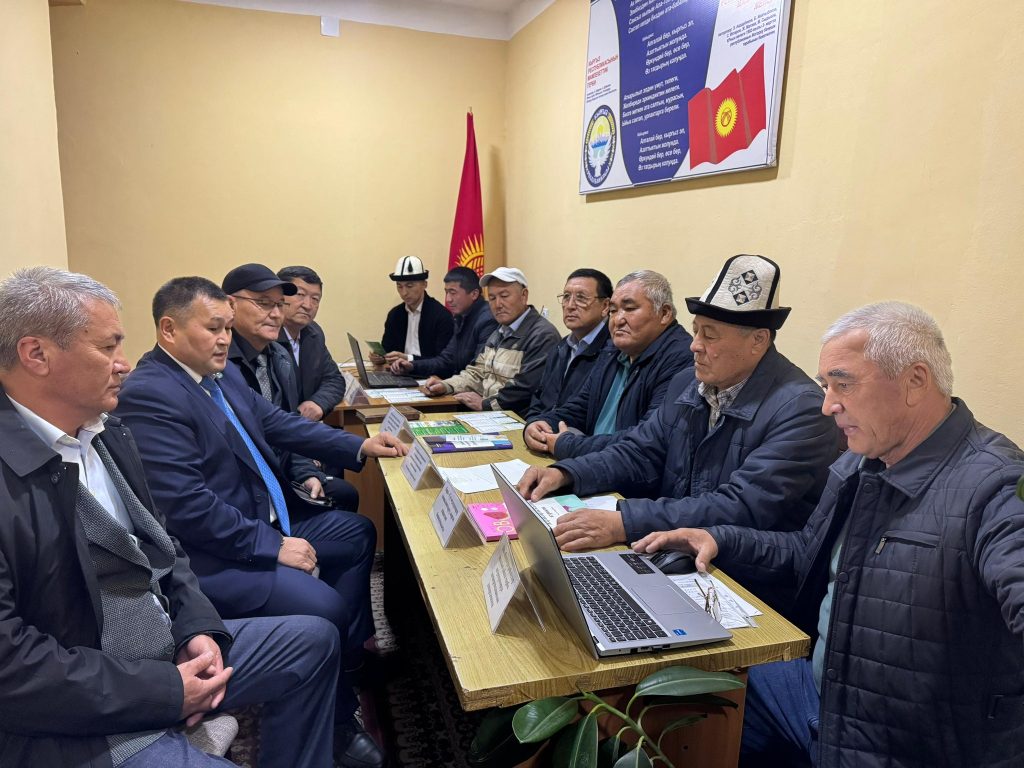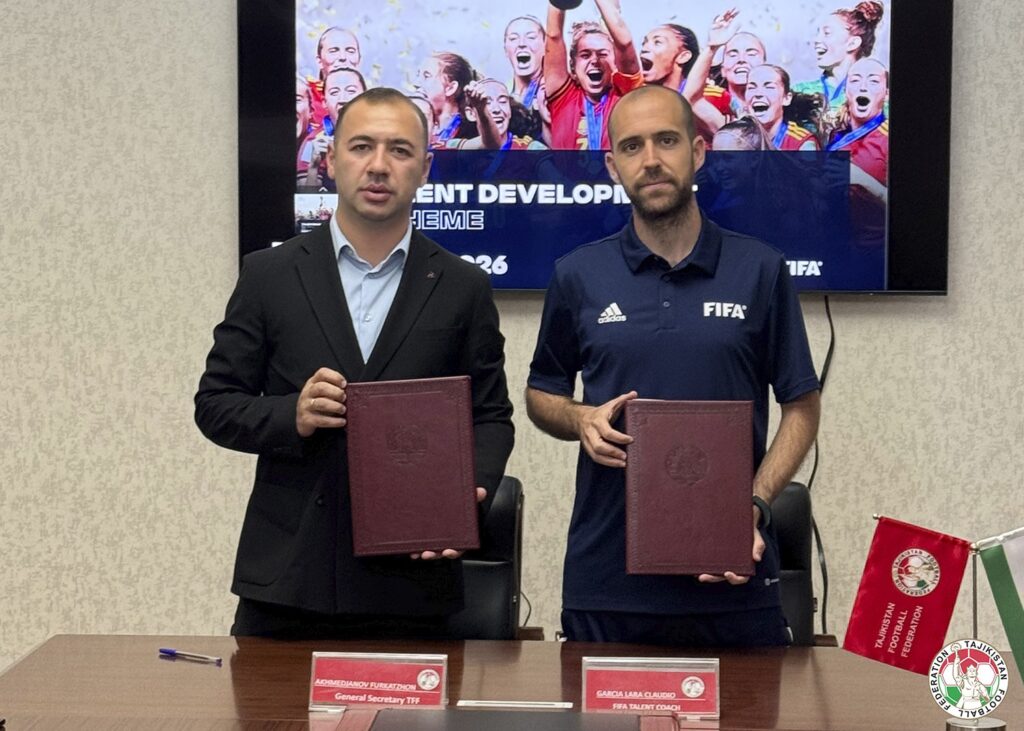Kyrgyzstan’s High Technology Park Confirms Indefinite Preferential Tax Regime
Kyrgyzstan’s President Sadyr Japarov has signed amendments to the Law "On the High Technology Park of the Kyrgyz Republic," extending the Park’s preferential tax regime indefinitely. Established in 2011, the High Technology Park was designed to foster IT businesses by drastically reducing or eliminating tax burdens for companies exporting digital goods and services. Previously, the High Technology Park offered tax exemptions for export-oriented IT companies for a 15-year period, set to expire in 2026. Under the new amendments, this regime is now permanent. Currently, resident companies of the Park benefit from exemptions on sales tax, profit tax, and value-added tax (VAT). Employees of these companies enjoy a reduced income tax rate of 5%, while the social insurance tax is 12% of their average monthly wage. The amendments also grant the Park's supervisory board the authority to independently elect its chairperson, a change expected to enhance the Board's efficiency. This move significantly boosts the Park's appeal to both domestic and international IT businesses. Kyrgyzstan’s IT sector is among the country’s fastest-growing industries. In 2021, Kyrgyzstan established the Ministry of Digital Development, tasked with advancing e-government initiatives and expanding the range of government services available online.






